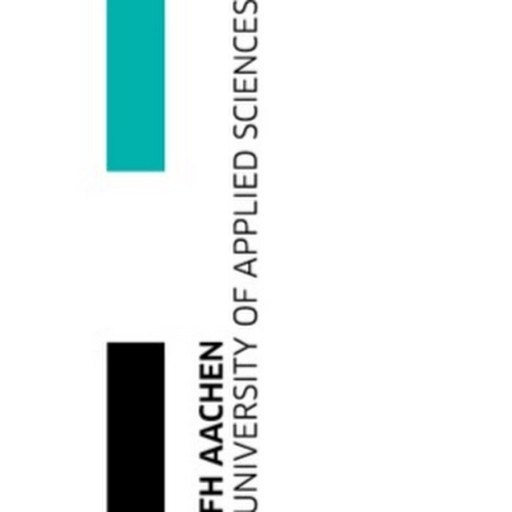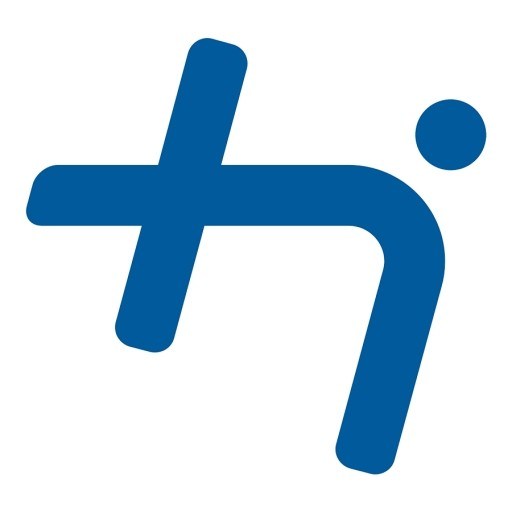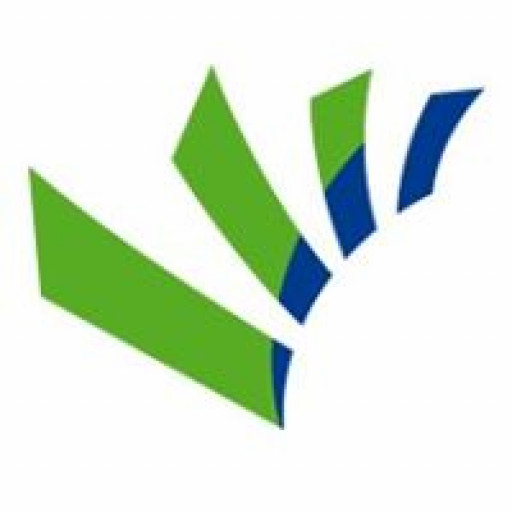Photos of university / #fh.aachen.gestaltung
The Nuclear Applications (EMiNA) program at FH Aachen – University of Applied Sciences offers students a comprehensive education in the field of nuclear technology and its various applications. Designed to prepare graduates for careers in the nuclear industry, research institutions, and regulatory bodies, this program emphasizes both theoretical knowledge and practical skills. Throughout the course of study, students are introduced to core concepts of nuclear physics, radiation protection, nuclear reactor technology, and waste management. The curriculum also covers safety standards, regulatory frameworks, and environmental considerations associated with nuclear energy and radiation use.
Students gain hands-on experience through laboratory work, simulations, and internships with industry partners, enabling them to apply theoretical concepts to real-world scenarios. The program fosters interdisciplinary learning, integrating engineering principles with applied sciences, and encourages critical thinking about the societal impacts of nuclear technologies. Graduates will be equipped to analyze complex problems, develop innovative solutions, and operate safely within nuclear environments.
The program is structured to include core modules in nuclear physics, reactor technology, nuclear safety, radiation protection, and nuclear waste management, alongside electives that allow specialization in areas such as medical applications, nuclear instrumentation, or environmental influence assessment. Additionally, students benefit from collaboration with industry experts, participating in projects that address current challenges in nuclear application fields.
Career prospects for graduates of the EMiNA program are broad, spanning roles in nuclear power plants, medical facilities employing radiation technology, regulatory agencies, research institutes, and environmental protection organizations. The program promotes a global perspective with an emphasis on sustainable and responsible use of nuclear technology, aligning with international standards and best practices.
Overall, the Nuclear Applications (EMiNA) program at FH Aachen provides a rigorous, practice-oriented education that prepares students to become competent professionals in the rapidly evolving field of nuclear applications, contributing to energy security, healthcare advancements, and environmental safety on a global scale.
Educational organisation
Our programme uses a variety of methods to help students understand and apply information learned in the lectures, exercises, labs and seminars. Students also develop and carry out their own projects, and write and present papers on selected topics. Additional topics covered include business administration and ethical problems.During the first semester, students focus on the fundamentals of nuclear sciences. In the second semester, students begin to focus on their specialisation and start their first research project. In the third semester, students learn to solve problems in their selected fields:
- Nuclear Engineering
- Nuclear Chemistry and Radiochemistry
- Medical Physics Experts
Study abroad unit(s)
We strongly encourage German students to spend a semester abroad; however, due to visa restrictions, this is not always possible for international students. The best time to do this is after the first semester. Many activities are organised within the European University Network CHERNE, where one of the basic principles is the exchange of students and teachers. In addition, the FH Aachen has more than 100 partner universities.Internships
Two integrated study projects in industry or at research institutionsForms of assessment
There are three periods of written exams every year: February/March, July and September. Exams for block courses are at the end of each block. The degree programme concludes with a Master's thesis that the student must present and defend.Course objectives
The four-semester European Master of Science in Nuclear Applications has a strong practical focus. The major focus of the programme is to prepare students for jobs in industry, hospitals and at public research institutions. About half of our graduates choose to continue their studies in a PhD programme.Language requirements
Proof of English language proficiency, such as IELTS Band 5.5, TOEFL IBT 68 (internet-based test), or German "Abitur" or "Fachhochschulreife" grade 3 in English, or equivalentGerman is not required for admission.
Academic requirements
BSc, BSc (Hons), BEng, BTech, Dipl-Ing, Dipl-Ing FH, or equivalent in related fields with high academic standingEnrolment fees
The student activity fee is currently about 250 EUR per semester.Optional, but recommended German lessons cost about 300 EUR per semester, including books.
Costs of living
Approx. 700 EUR per month, including mandatory health insuranceThe semester ticket (included in the student activity fee) includes free use of public transport in the German state of North Rhine-Westphalia.
Job opportunities
Applicants should not count on financing their stay in Jülich or Aachen by working part-time during their studies; however, some students are successful in finding part-time jobs either at the university or elsewhere.Arrival support
Arrival assistance for international studentsServices and support for international students
Assistance with cultural and social issues, as well as academic advice and tutoring are available.Accommodation
Some students live in student dormitories. Other students generally live in shared apartments in which each student has his or her own room. Living areas, bathrooms and cooking facilities are shared. Furnished rooms start at about 225 EUR per month plus about 75 EUR per month for electricity, water and heating. Most rooms require the first month's rent and a security deposit of one to three months' rent in advance before you can move into the room. If the room is in a good condition when you move out, your security deposit will be returned.International students can place their names on a waiting list for the student dormitories after they have arrived in Jülich and have enrolled.









